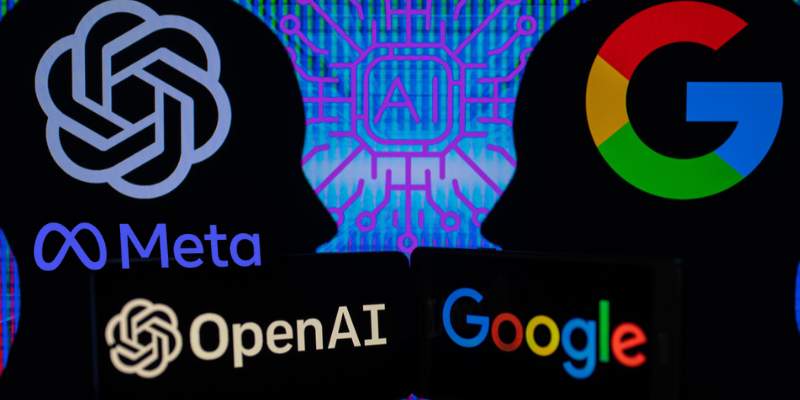Meta’s AI unit—dubbed Meta Superintelligence Labs—is said to be chatting with Google about slipping Gemini into its chatbot, Meta AI, and might even borrow some of OpenAI’s tech for its social apps.
It’s like watching someone who’s supposed to be building a dream home start by renting rooms from the neighbors.
Meta insists this is a calculated move. A spokesperson called it “an all‑of‑the‑above approach,” mixing their own model work, partnerships, and open sourcing.
Basically, while Meta hustles to get Llama 5 out the door—and actually competitive—they’re not above leaning on already built solutions.
Meta has also quietly been tapping Anthropic models for internal coding help. Employees using Meta’s assistant can lean on Anthropic-generated code suggestions. Kind of makes you think: if it works, why not?
So, what’s going on behind the scenes? It turns out Meta’s AI ambitions come with a fair share of drama. Shengjia Zhao, one of the co‑creators of ChatGPT, has taken the chief scientist role at Superintelligence Labs—one of Meta’s big talent wins.
But just as quickly as hires were made, some hasn’t panned out; top AI researchers are pausing or walking away amid restructuring and internal tensions.
There’s also a bigger trend at play: this isn’t just Meta playing catch-up. It’s part of a broader AI arms race where every major tech player—from OpenAI to DeepSeek—is scrambling to seize the next frontier. Meta’s playing both offense and defense, borrowing now, building later.
Why This Matters
- Borrowing someone else’s AI might feel like “cheating,” but sometimes you borrow tech while building your own—just like using a delivery service until your own fleet’s up and running.
- Meta’s move underscores how pragmatic the AI race has become. Ideals about “in-house only” are taking a back seat to what actually works—fast.
- Hey—if your model’s still catching up, might as well light up those neural pathways with some borrowed juice.

